Mazda Hints At Hydrogen-Powered Rotary Engine

The latest edition of Mazda’s internal magazine, Zoom-Zoom, may hint at the arrival of a Hydrogen-powered rotary engine sportscar from the Japanese automaker.
In an article marking the 50th anniversary of the rotary-powered Cosmo Sport, Mazda explained that the rotary engine’s biggest drawback is poor fuel economy and emissions. A rotary engine has plenty of positives, however, including its compact size, and smooth, free-revving nature, so it’s easy to see why Mazda is reluctant to kill it off.
The key to the rotary engine’s future may be hydrogen. Mazda says rotary engines “can run superbly on hydrogen,” and because the only byproduct of combusting hydrogen is water vapor, emissions levels wouldn’t be a worry.
ALSO SEE: Mazda Files New Rotary Engine Patents in the US
This isn’t the first time Mazda has expressed interest in hydrogen-powered rotary engines. Back in 2009, the automaker developed hydrogen-powered RX-8s for Norway’s ‘HyNor’ national hydrogen project and leased them to interested parties. It also offered a hydrogen-powered version of the RX-8 for lease in Japan around the same time.
The Zoom-Zoom article all but confirms a successor to the RX-8 is on the way. The author states that regardless of the technical direction the automaker takes with the vehicle it will “be a thing of beauty,” and references the Mazda RX-Vision concept shown at the 2015 Tokyo Motor Show. The production version is expected to arrive in time for the 2020 model year – which is not coincidentally Mazda’s centenary anniversary year.
[Source: Motoring]

Sam McEachern holds a diploma in journalism from St. Clair College in Windsor, Ontario, and has been covering the automotive industry for over 5 years. He conducts reviews and writes AutoGuide's news content. He's a die-hard motorsports fan with a passion for performance cars of all sorts.
More by Sam McEachern



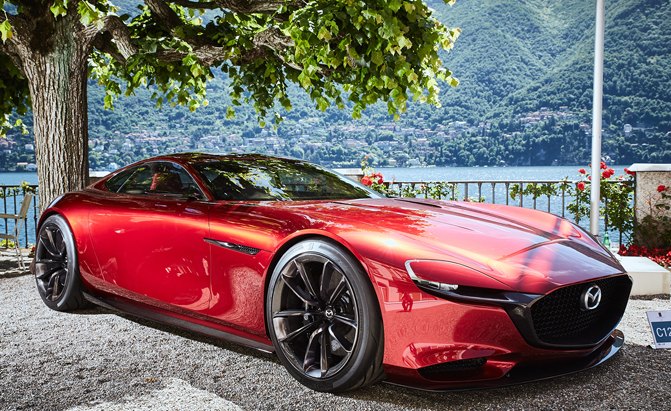










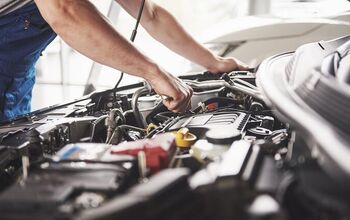



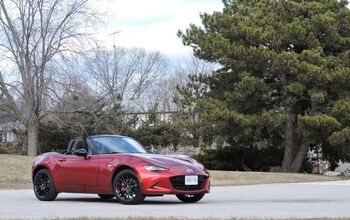


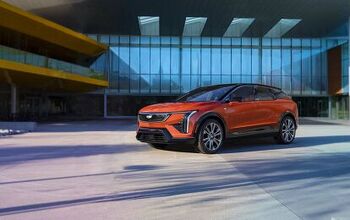
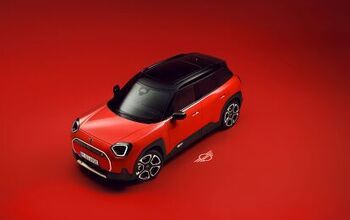

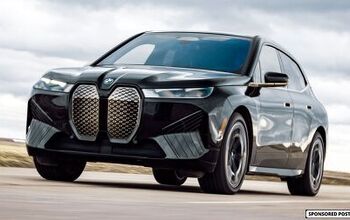
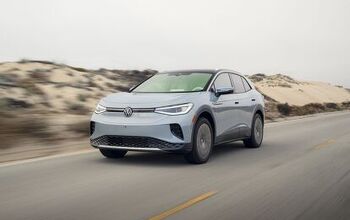
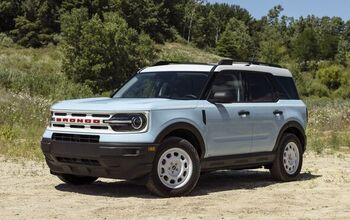
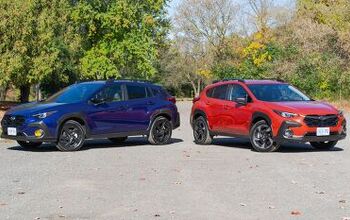
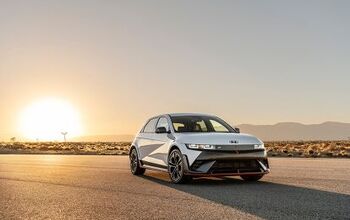


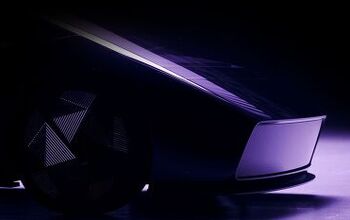
Comments
Join the conversation
They've talked about rotaries and hydrogen for what seems like forever. However, hydrogen as a fuel is still stupid no matter what it's put in (too expensive, poor well-to-wheel efficiency), and no, the only emission would not be water vapor. It's well known that their rotaries have severe problems with unburned fuel in the exhaust--partly due to their spark plug arrangement, partly due to the poor shape of the combustion volume, partly due to oil injection, and probably other factors. Does the hydrogen engine not need lubrication? Because if it has oil, it has emissions. Also, it will emit unburned hydrogen, which a secondary GHG, meaning it reacts with other chemicals in the atmosphere creating GHGs. On the other hand, an HCCI version used as a range extender--that's a decent idea. It wouldn't need spark plugs which eliminates the blow-by, and a range extender doesn't need to operate over the full rpm range meaning better efficiency and fewer complications for implementing HCCI. The ability to run HCCI lean and uniform combustion should also fix most of the emissions problems. I'd rather use natural gas than hydrogen, though.
Just needs e-assist. No need for hydrogen or the vaporware hydrogen infrastructure to support it. The future of transportation is electric, combustion is dead. As a rotary owner I think a hybrid rotary setup that lets you select full combustion or hybrid e-mode mode would be just fine. Easily accommodates the e-turbo they've supposedly been considering and should put the emissions (on paper) within CAFE regs. Properly implemented electrification would solve, or at least side-step the vast majority of technical challenges Mazda faces bringing a rotary to market here in "the future". Now build it! My 85 GSL-SE needs a buddy..